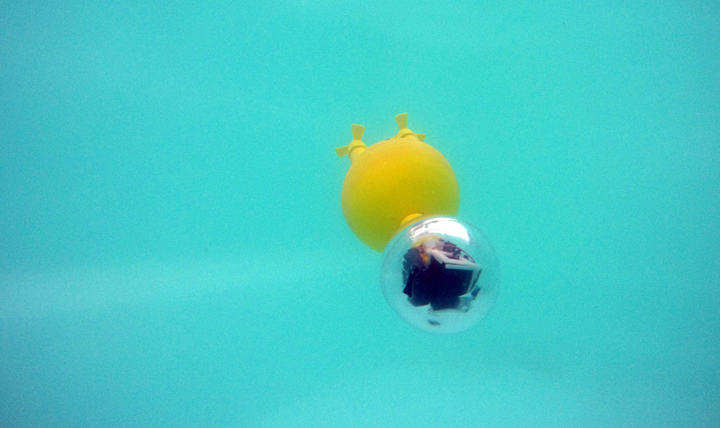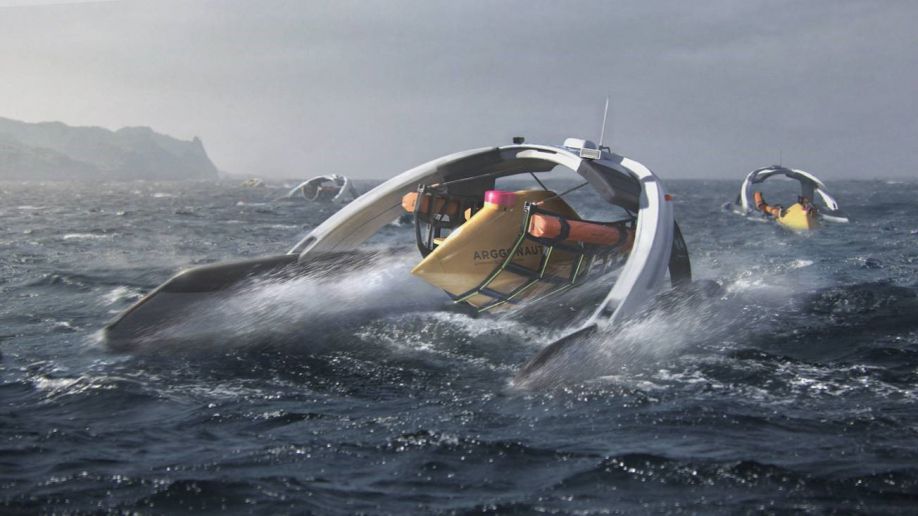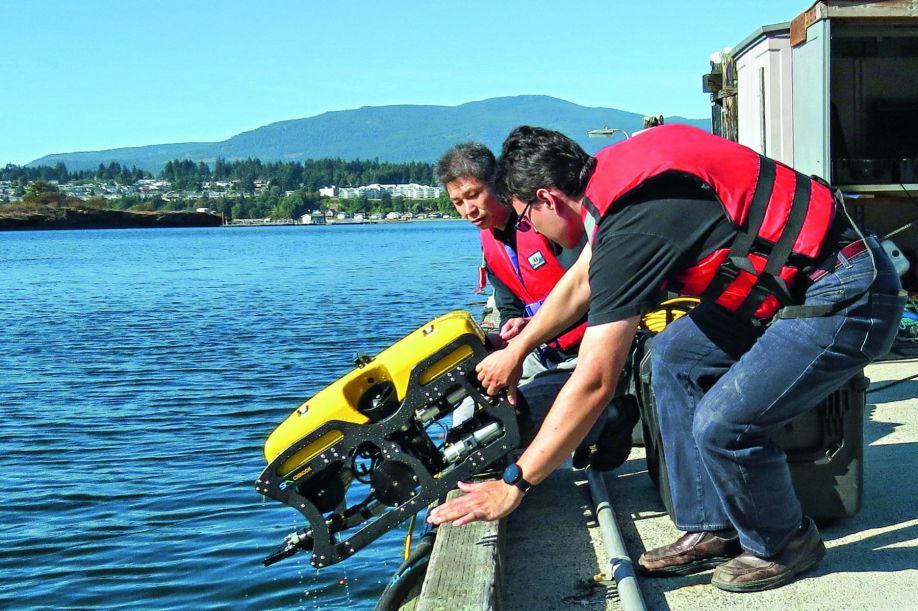Battling The Recycling Crisis With Robotics
If robotics technology is going to keep oceans and rivers clean, it will need human help. Humans and robots working together is essential in order to effectively manage the recycling crisis.
Robotic Assistance and the Future of Energy Sustainability
We already know that robotics can help protect our oceans in a number of ways, from improving wastewater treatment to improving fuel efficiency on ships. Thus, it makes sense that robotic assistance can have a positive impact on the sustainable energy sector.
Interview with Shell Ocean Discovery XPRIZE Team Eauligo
For the competition we will launch a horde of miniature robotic submarines called Marine Bees. They take their design from real bees, not just for the way they look, but also because they mimic the behavior of real bees and the operation of a hive to explore and image the ocean floor.
Interview with Shell Ocean Discovery XPRIZE Team ARGGONAUTS
We are building two types of animals: one animal which runs at the water surface (the "water strider") and one which goes down (the "great diver"). These pairs are the basic units of our system.
In Search of a Lost Veteran
The largest submarine of WWII has been sitting on the bottom of the ocean off the Japanese coast for 70 years. Researchers finally found the lost wreck with the aid of an underwater robot - and Swiss drive technology.
Records 1 to 5 of 5
Featured Product

Elmo Motion Control - The Platinum Line, a new era in servo control
Significantly enhanced servo performance, higher EtherCAT networking precision, richer servo operation capabilities, more feedback options, and certified smart Functional Safety. Elmo's industry-leading Platinum line of servo drives provides faster and more enhanced servo performance with wider bandwidth, higher resolutions, and advanced control for better results. Platinum drives offer precise EtherCAT networking, faster cycling, high synchronization, negligible jitters, and near-zero latency. They are fully synchronized to the servo loops and feature-rich feedback support, up to three feedbacks simultaneously (with two absolute encoders working simultaneously). The Platinum Line includes one of the world's smallest Functional Safety, and FSoE-certified servo drives with unique SIL capabilities.
Robotics and Automation - Featured Company

Harmonic Drive LLC
Harmonic Drive LLC (HDLLC) designs and manufactures precision servo actuators, gearheads and gear components. Harmonic Drive® gears play critical roles in robotics, medical diagnostics and surgical robotics. We work with industry-leading customers and companies of all sizes to provide both standard product and custom-engineered solutions. The majority of the products sold by HDLLC are proudly made at our US headquarters and manufacturing facility in Massachusetts.





